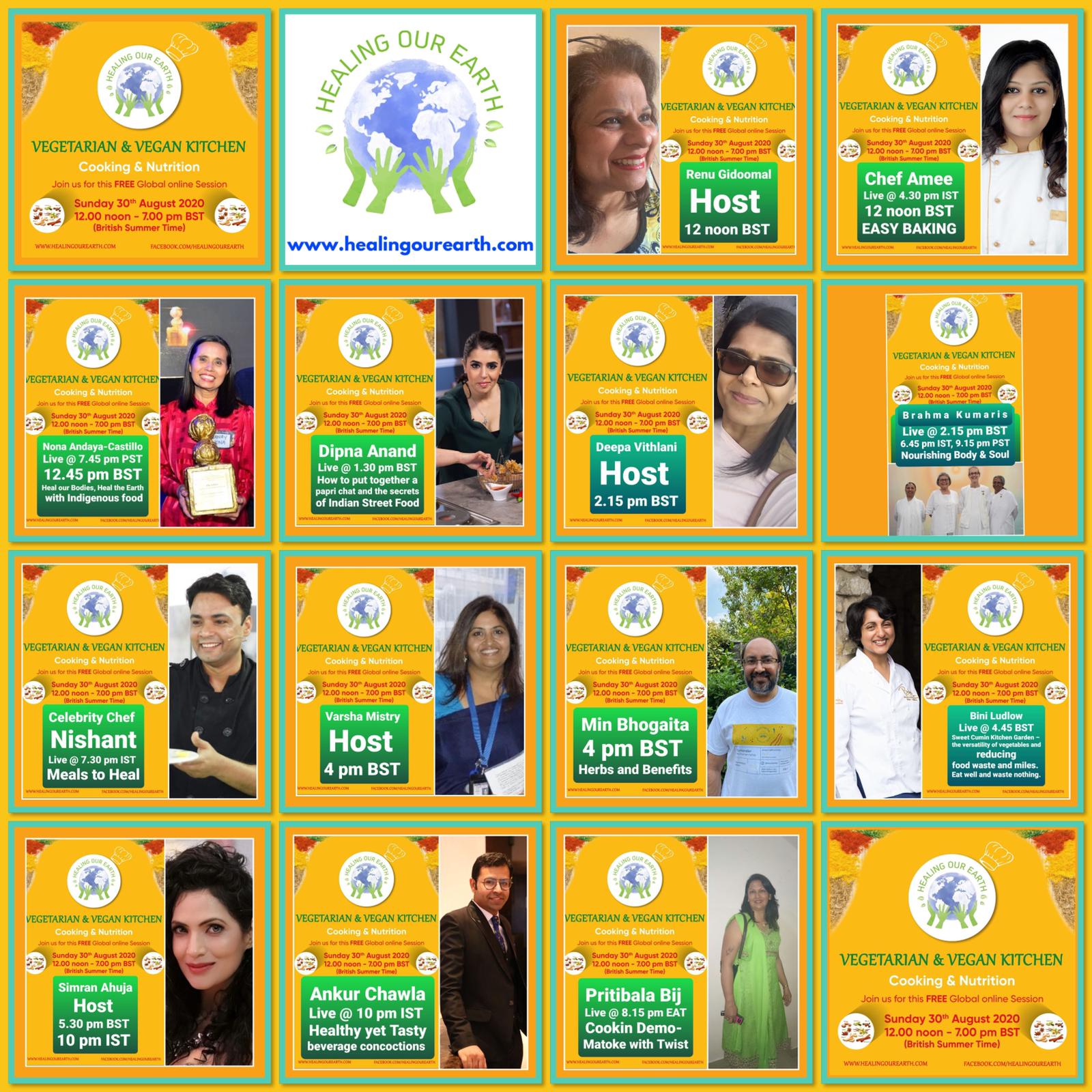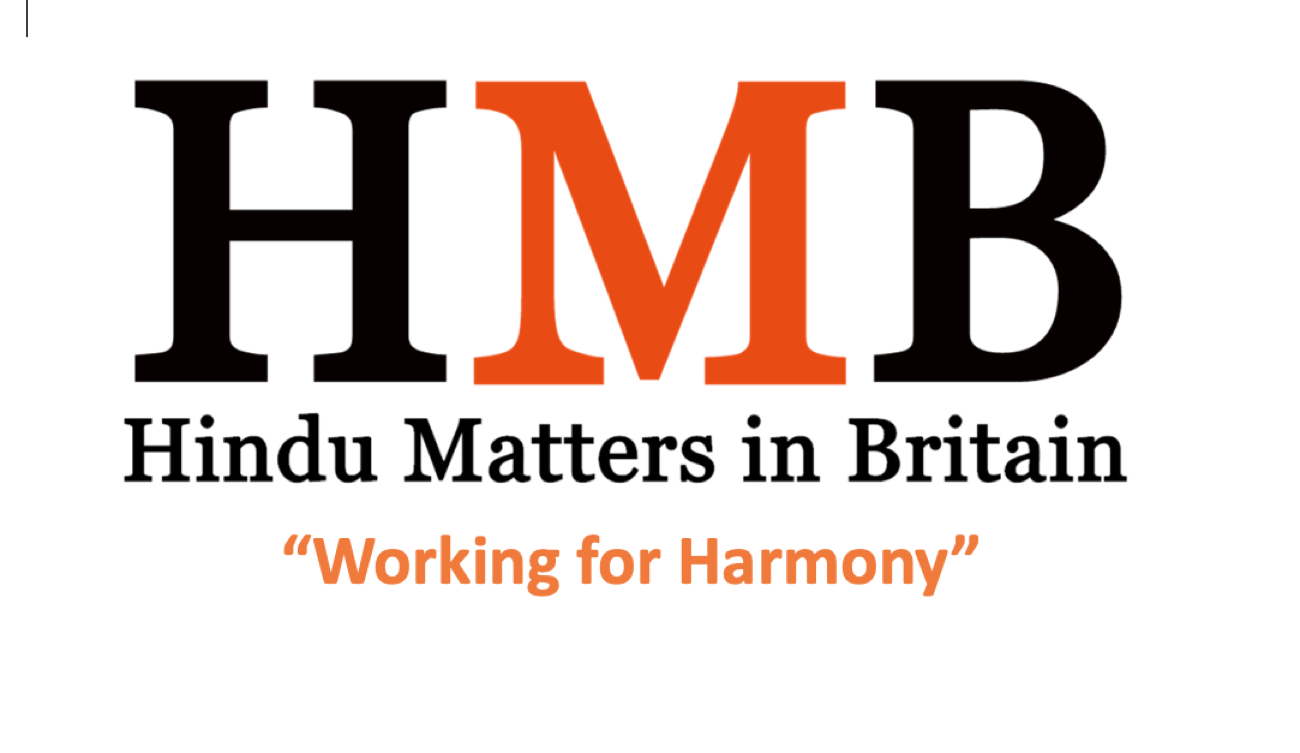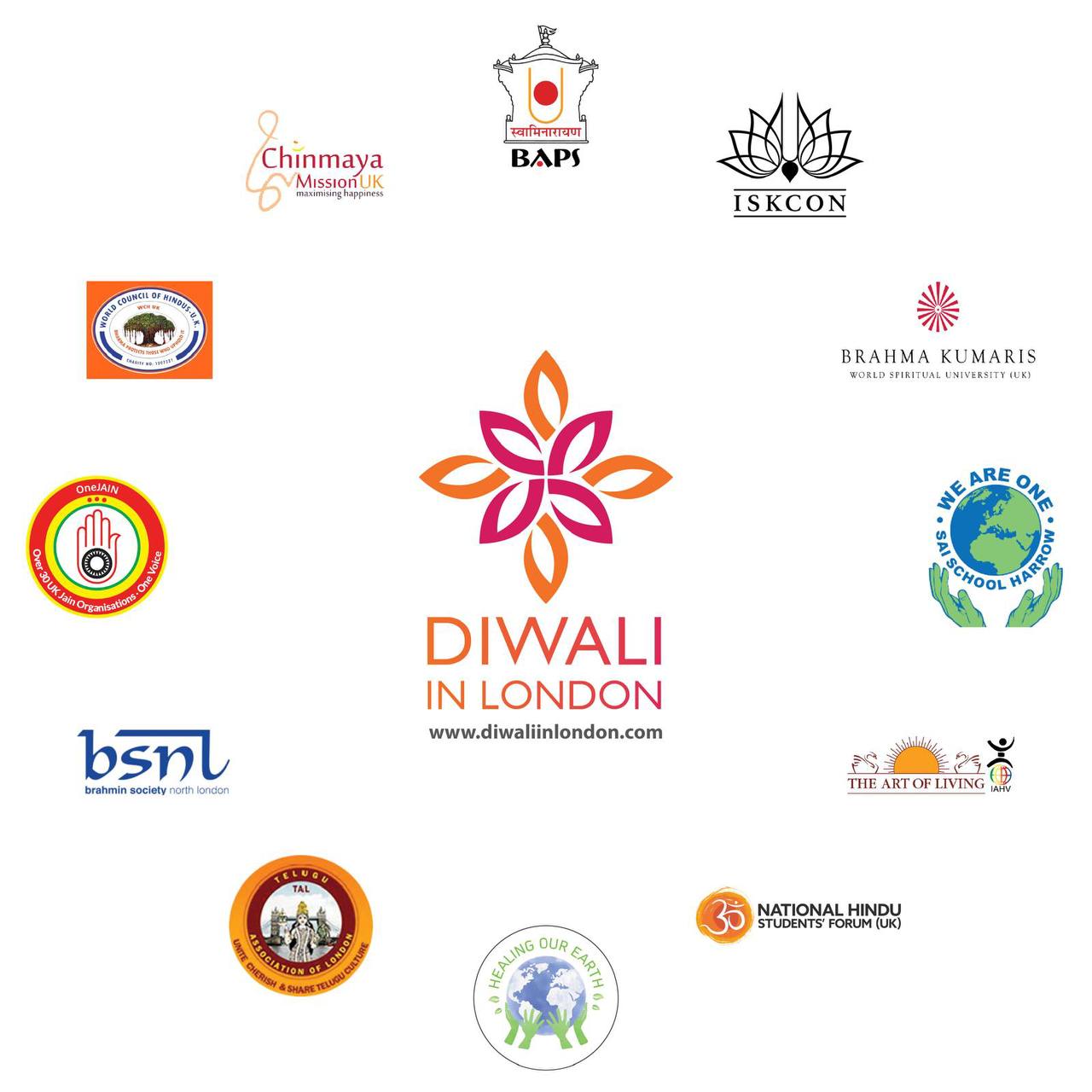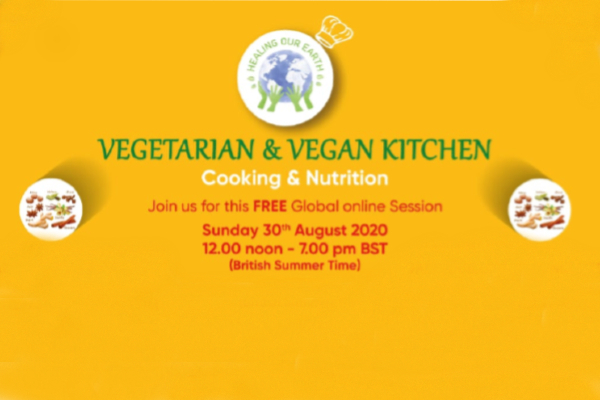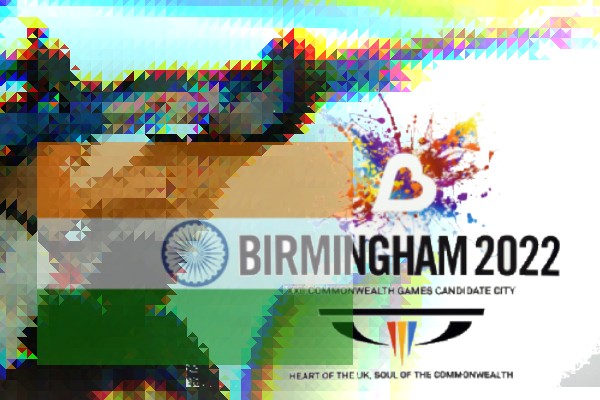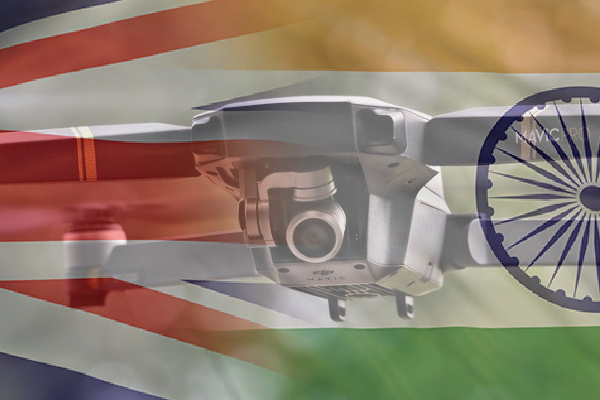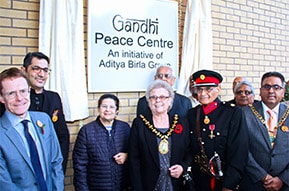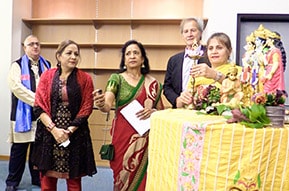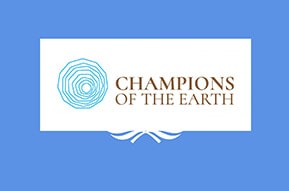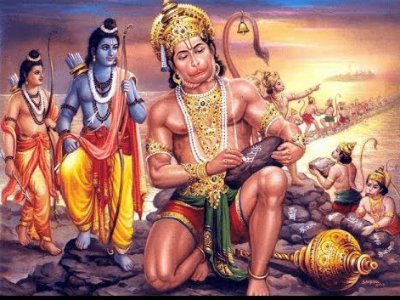Vegetarian and Vegan Kitchen from Healing Our Earth
It is another must-watch. Healing Our Earth group of volunteers are bringing another seven hours of in-depth insight into vegetarian and vegan cuisine. You can watch it at
https://m.facebook.com/healingourearth or https://www.facebook.com/HinduMatterInBritain/
and
Please tell your friends and support this Healing Our Earth. It is a fantastic opportunity to learn and experience, especially on a subject so close to the Dharmic faith community.
Vegetarians cooking has always been in the headlines, but more recently veganism has been progressing especially through the marketing campaigns of supermarkets. Whilst the world still has not resolved the pure definition of vegetarianism, it is clear that vegan implies no form of an animal product including dairy and eggs.
As for vegetarians, most Asian communities would accept that the definition means no meat or eggs.
The Vegetarian Society defines a vegetarian as:
"A vegetarian is someone who lives on a diet of grains, pulses, legumes, nuts, seeds,
vegetables, fruits, fungi, algae, yeast and/or some other non-animal-based foods (e.g. salt) with, or without, dairy products, honey and/or eggs. A vegetarian does not eat foods that consist of or have been produced with the aid of products consisting of or created from, any part of the body of a living or dead animal. This includes meat, poultry, fish, shellfish*, insects, by-products of slaughter** or any food made with processing aids created from these."
In other words, there is the term used.in India called ‘pure vegetarian’ which mean no fish or eggs but can include milk products (lacto-vegetarian). There are also people who are basically vegetarian but eat eggs, seafood and fish (pescatarian). Those who see themselves as vegetarians but eat eggs, but no fish are called ovo-vegetarians.
It is not surprising that with such complexity manufactures and food suppliers can be bothered to deal with the issue.
To complicate matters further, there is no legal definition of vegetarianism. However, there is legislation relevant to situations where the term ‘suitable for vegetarians’ has been misused such as in Trading Standards law. Labels such as ‘vegetarian’, 'suitable for vegetarians' or 'suitable for vegans' are subject to the Trade Descriptions Act 1968 general controls in sections 1 to 4 (prohibition of false or misleading trade descriptions).
So not only there is no legal precedence, vegetarianism in the UK could vary from the conservative boundaries of no eggs to the more liberal of including eggs and fish. And where do products like honey fit in? It is still an animal-related product although most people would not see it as such and would not have even thought of it. So, it is not surprising that many people just ask for the vegan menu!
All this now has been superseded with the popularity of veganism and their numbers increase. And with a very simple definition of veganism (not any kind of meat products including milk, cheese, honey etc) that people understand, it is not surprising that people are finding the whole subject matter easier to deal with.
So where to now? The definition and better education and labelling is still essential. The gaps in understanding vegetarianism cannot be ignored under the guises of veganism. There needs to be some kind of traffic light system of helping people understand different types of diets including those who suffer from allergies. The subject of food preferences continues to dominate the health agenda, so it is essential we get the basics right.
But why worry about the definition when you can enjoy learning from the experts – check out www.healingourearth.com
